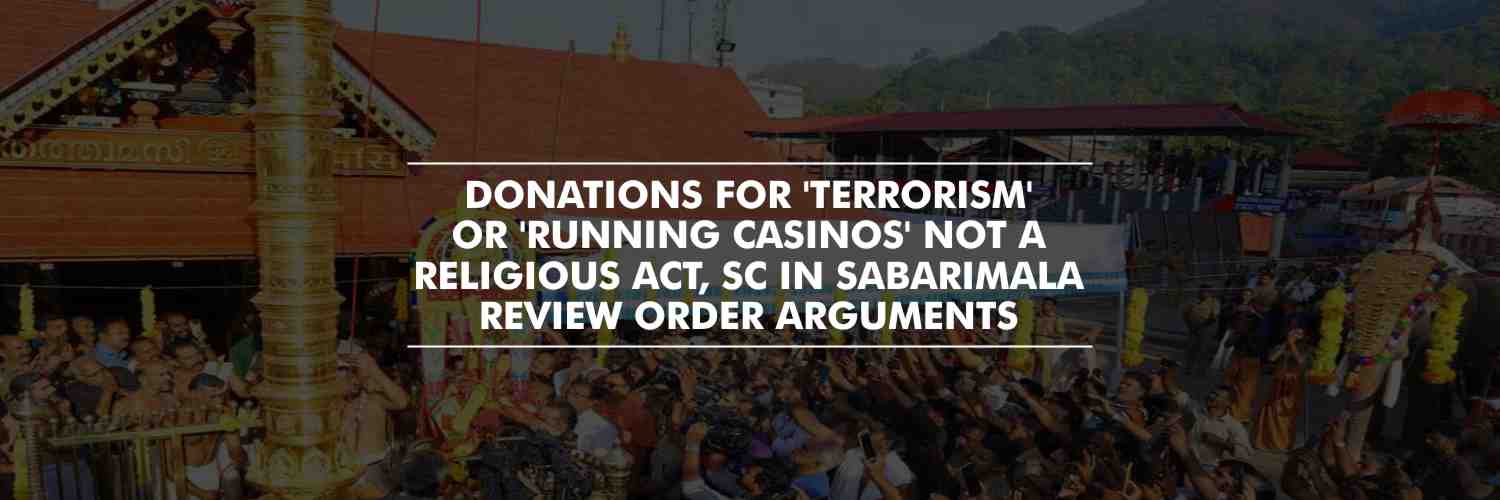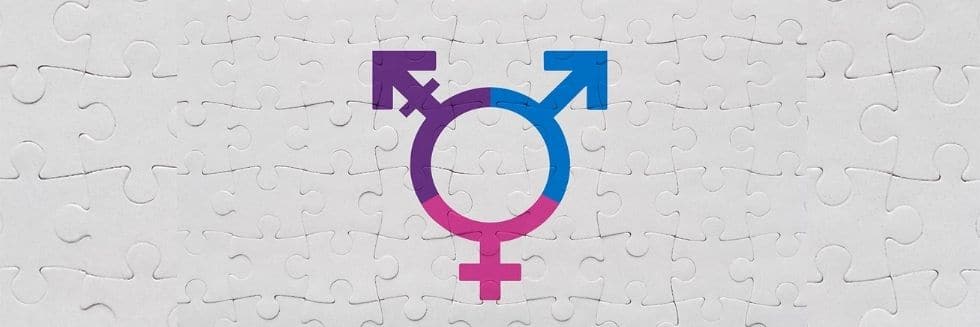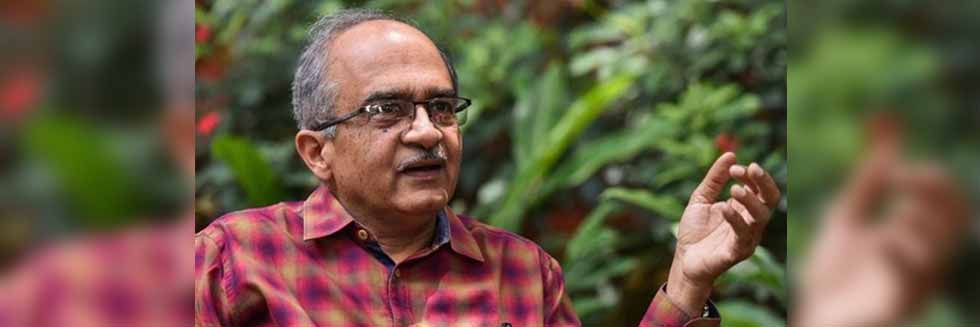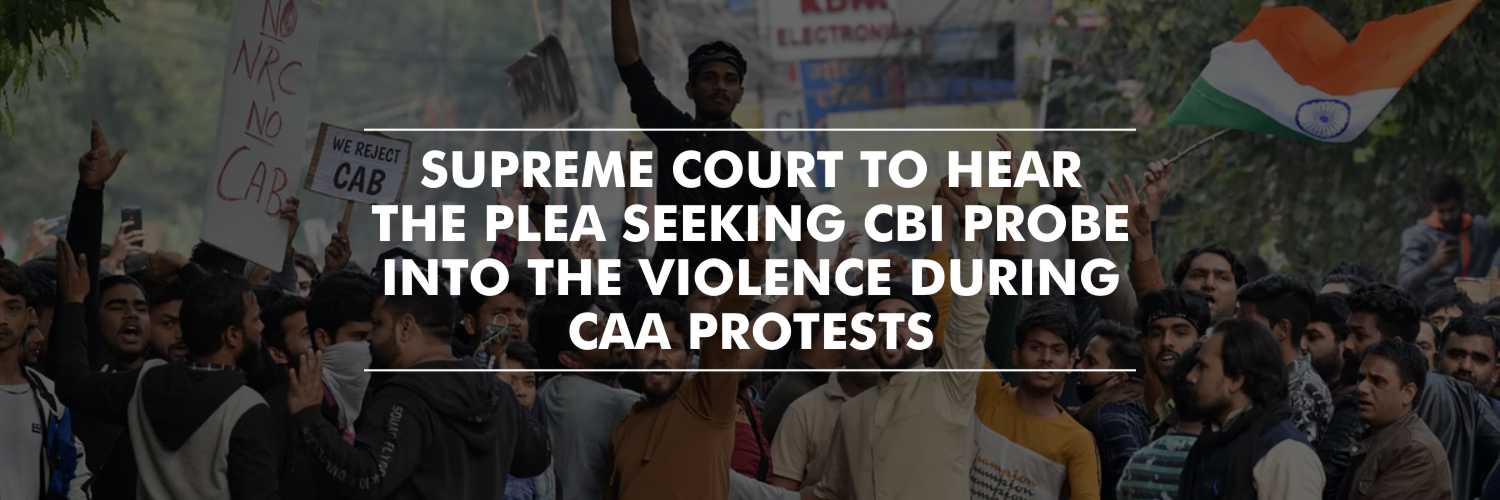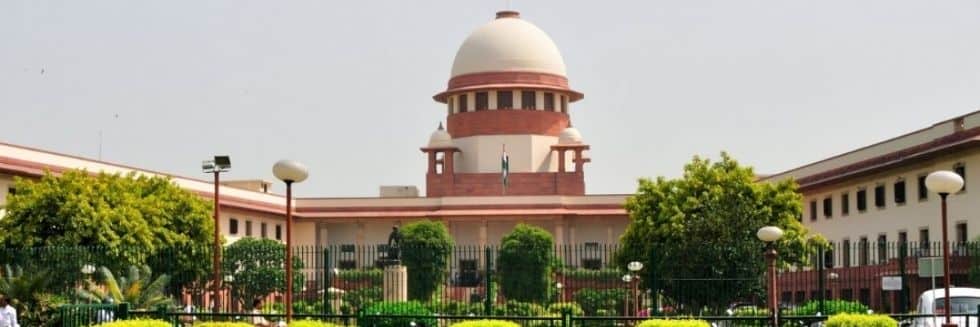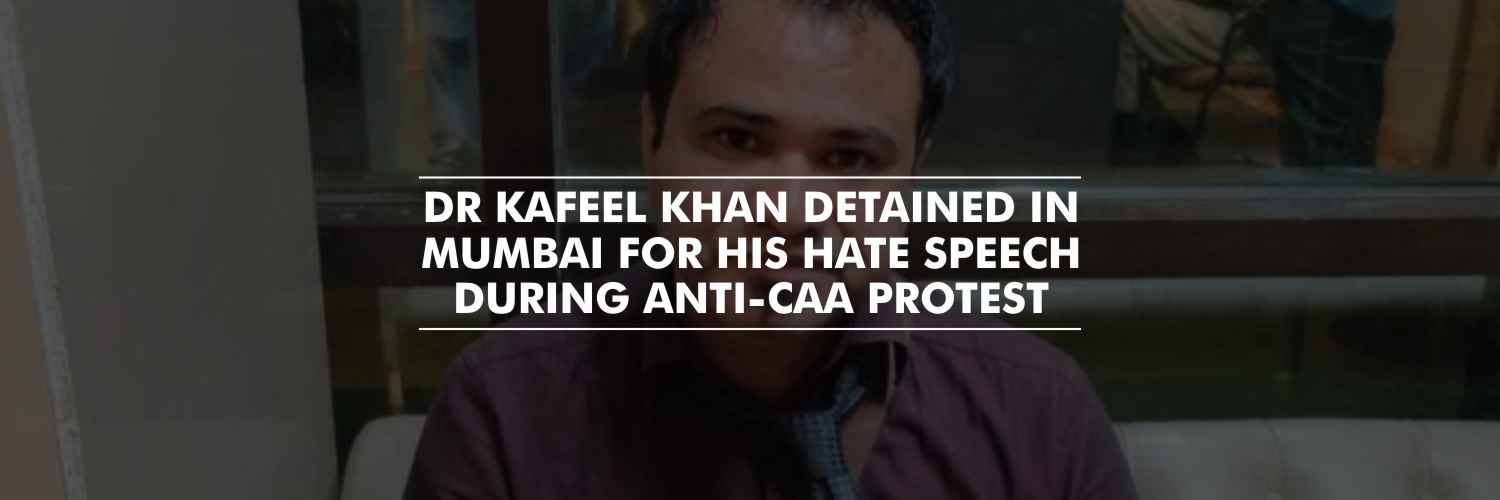On 17 February, the nine-judge bench headed by Chief Justice of India, SA Bobde has begun hearing the seven issues mentioned in the Sabarimala reference order.
The bench comprising of Chief Justice SA Bobde, Justices R Banumathi, Ashok Bhushan, L Nageshwara Rao, Mohan M Shantanagoudar, S Abdul Nazeer, R Subhash Reddy, B R Gavai, and Surya Kant while hearing the ambit of Article 25 of the Indian Constitution, held that the state cannot intervene to regulate the religious affairs of faith but only its secular affairs. They further observed that making offerings at places of worship may be a religious practice, but the law can regulate the money donated at such places if it is used for ‘terrorism’ or ‘running casinos.’
The bench made such observations when the Solicitor General Tushar Mehta referred to Articles 25 and 26 of the Indian Constitution and said that all persons have freedom of religion ‘subject to public order, morality and health’ and every ‘religious denomination’ shall have the right to establish, own, maintain and manage religious institutions. Mehta stated to the court that as per Article 25(1), all persons are equally entitled to freedom of conscience and the right to freely to profess, practice and propagate religion. He further added that ‘equally entitled’ was taken from the British where it was used in the context of one religion and different aspects.
“The Preamble is not cited in any of the subsequent judgments. Your Lordships may take the view that ‘religious practice’ takes its color from the Preamble- ‘liberty of thought, expression, belief, faith, and worship,” he continued.
Further, citing certain limitations, Mehta said that “the administrative right of religious denominations is restricted by only public order, morality and health, essentially, Article 26 would also be subject to other provisions of Part III. Referring to various judgments, Mehta asserted that there were two striking features in them which were ‘the affected parties were present and there was a challenge to the specific law.’ One such reference Mehta gave during the hearing was of the 7-judge bench decision of Shirur Mutt, which is propped up as being in conflict with the five-judge ruling in Dargah Committee which contended that:
“One of the questions Your Lordships have framed is whether a person not belonging to a religious denomination or religious group can question a practice of that religious denomination or group by filing a PIL. Can a busybody just walk inside the court and ask for a constitution bench to examine any religious practice? The striking nature of each of the judgments that will be cited before Your Lordships is that one, in those cases, the affected parties were before the court, and two, there was a challenge to a legislative act” stated Mehta.
To this, the bench argued that “You are saying the word religion is something which determines the relationship of a man with the creator and all these sects or denominations have the right to regulate and decide the nature of this relationship. And someone outside the denomination cannot decide as to what is the essential religious practice. Asking somebody to perform ‘namaz’ in a particular manner amounts to interference in somebody’s religion. Keep the law aside. Are you saying, a Hindu cannot question a Christian practice, you can’t have a situation of Muslim questioning Hindu practice and where Buddhists cannot decide Muslim practices?”
Mehta referred to Article 25(1), repeating that all persons are ‘equally entitled’ to freedom of conscience and the right to freely profess, practice and propagate their religion, adding that every group of persons, however, may not satisfy the definition of religious denomination. Further citing to the Shirur Mutt, he said that the acts done in pursuance of religious belief is also part of the religion.
However, the bench contended that ‘After doing ‘Pooja,’ generally, money is donated in that box kept in the temple. So that is a secular activity? The law can regulate that that money not be used for terrorism or for running casinos?’
Mehta argued that “Dr. Ambedkar said if we don’t allow even law-makers to legislate, then what is once a practice would remain a practice. There would be no reform and submitted an extract from the 1954 judgment.” For this, the Chief Justice observed that “Provided the law relates to the secular part of the religious practice. The article doesn’t say so, only the judgment says so.”
The hearing is to be resumed today.
